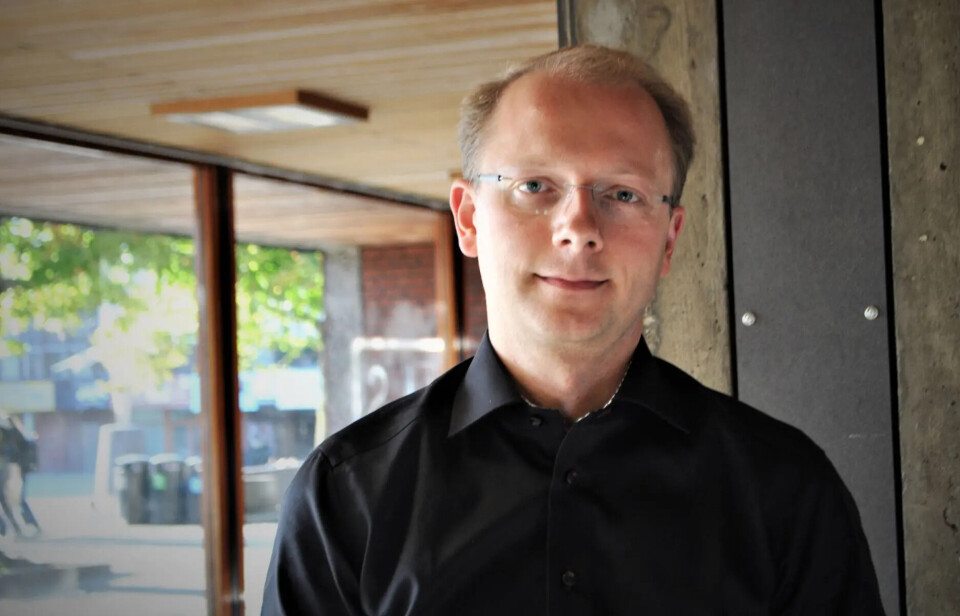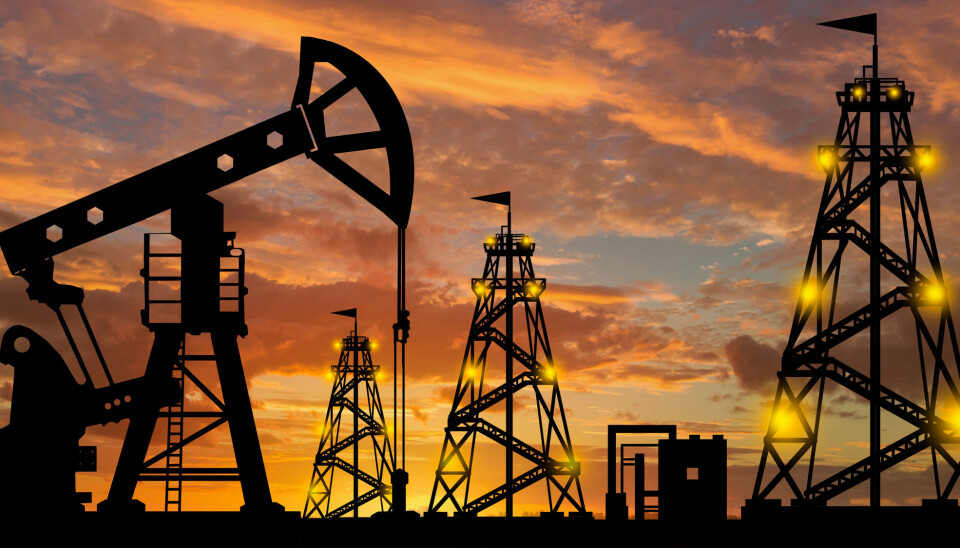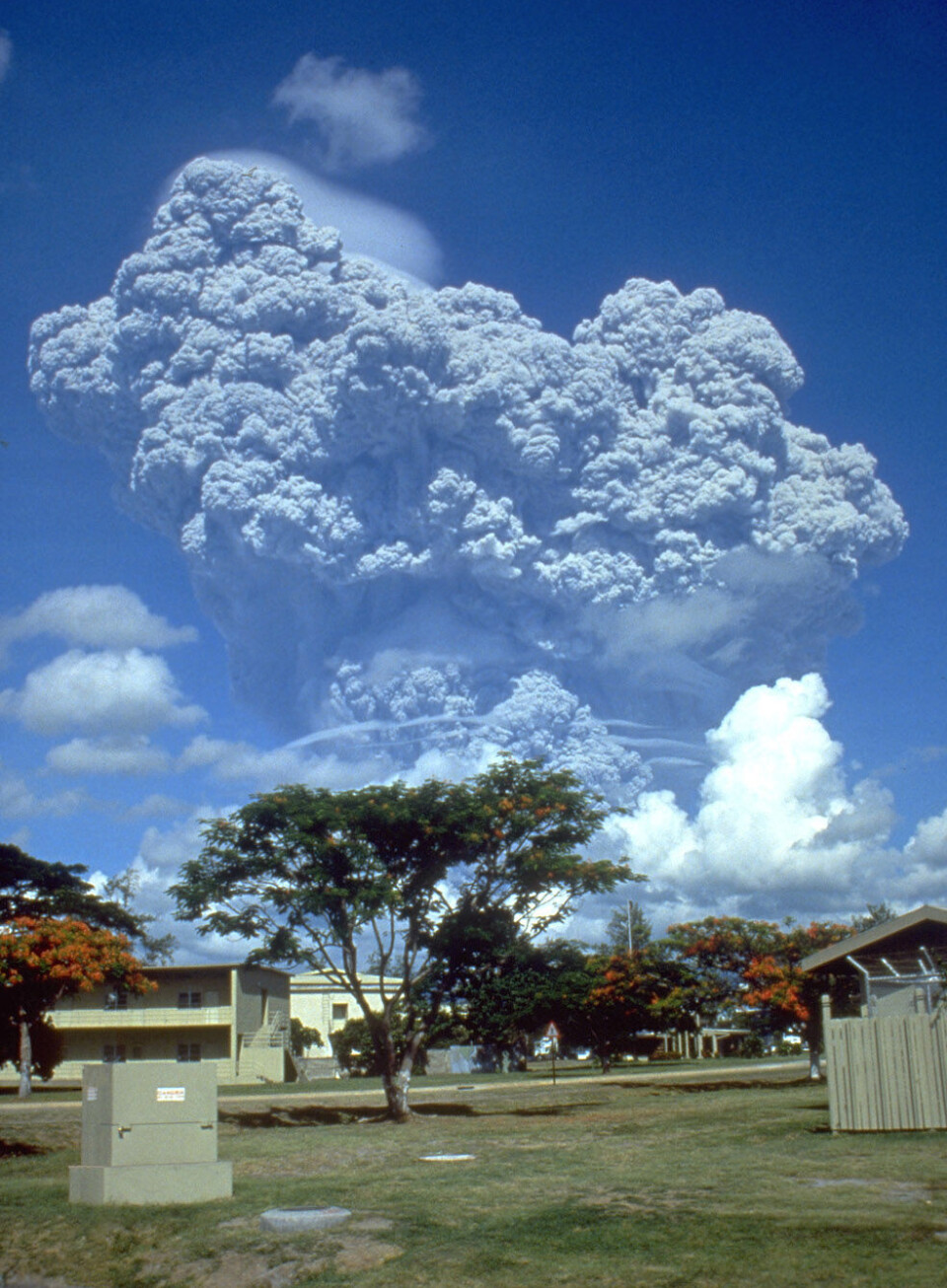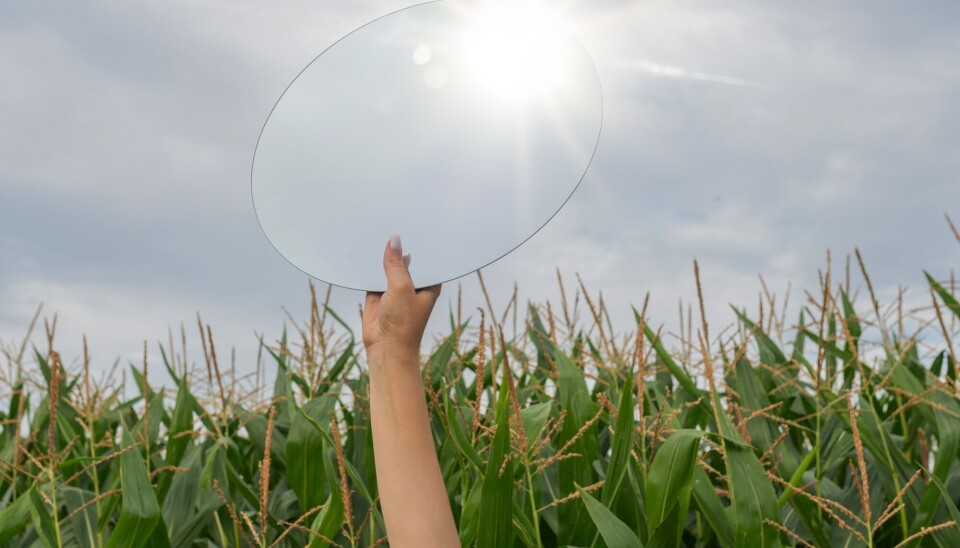Can we fix global warming by cooling the planet?
"A few years ago, this would have been considered science fiction," says researcher.

Imagine if we could cool the Earth by blocking out a bit of the sun.
Does it sound like fantasy?
"A few years ago, this would have been considered science fiction," says climate researcher Bjørn Samset from Cicero.
Most viewed
But now it’s something scientists are seriously discussing.
They call it geoengineering.
The idea is to slow down climate change by altering the Earth itself.
But is it really possible?
We're failing to change our behaviour
The best thing we could do for the planet is to reduce pollution.
"But we're struggling to cut emissions," says Samset.
Oil companies are still extracting oil.
People continue to fly, eat meat, and buy much more than they need.
"There are more and more greenhouse gases and it's getting warmer," says Samset.
The world's population is simply not managing to change its ways.
Many researchers therefore believe we need to consider alternative solutions too.

A giant parasol
One of the ideas is to release dust or gases into the atmosphere.
It would work like a kind of giant parasol, making the Earth cooler.
"The inspiration comes from nature," says Samset.

The volcano Mount Pinatubo erupted in the Philippines in 1991.
A massive plume of smoke rose into the sky, and large amounts of sulphur were thrown into the atmosphere.
The temperature dropped by about half a degree for a couple of years.
"Can we play volcano?" asks Samset.
Don't know what would happen
There’s a lot of uncertainty when it comes to altering the planet.
Climate scientists all agree on that.
One suggestion is to use planes to do what the volcano did – release particles and gases above the clouds to block some of the sunlight.
Another idea is to paint roads and rooftops white.
The white surfaces would reflect some sunlight away from the Earth.

Researchers have also proposed placing giant mirrors in space to deflect solar rays from the planet.
"But what would that do to the climate?" wonders Samset.
Injustice and war

There are no rules that prohibit geoengineering.
"But if one country starts, it could affect the entire planet," says Steffen Kallbekken, a climate researcher from Cicero.
Researchers are not sure what will happen if we start tampering with the weather.
Some countries might get more rain, while others face more drought.
That could lead to conflicts over who ends up with the best – and worst – weather.
Ben Sanderson is also a climate researcher at Cicero.
"If we start with geoengineering, the world might become dependent on it," he says.
What happens if we suddenly remove the dust-parasol? Or take down the mirrors?
It could be a shock to the planet.
Hope for new technology
It’s not certain that geoengineering will be what saves the planet.

"And for now, it's only being tested in computer models," says Samset.
Some researchers want to ban it. Others believe it's best to at least explore the possiblities.
"I believe that we absolutely need to get started discussing and researching this topic more seriously," Nils Røkke wrote on SINTEF's website.
He is the executive vice president of sustainability at SINTEF.
Røkke thinks we should investigate geoengineering, alongside cutting emissions and removing greenhouse gases.
"It might be our emergency brake," he wrote.
———
Translated by Alette Bjordal Gjellesvik
Read the Norwegian version of this article on ung.forskning.no
Related content:

Subscribe to our newsletter
The latest news from Science Norway, sent twice a week and completely free.


























































